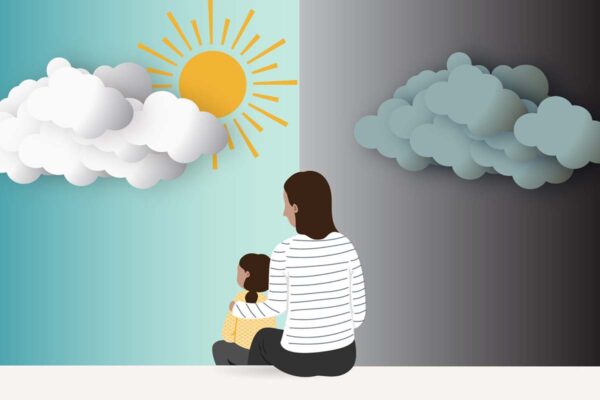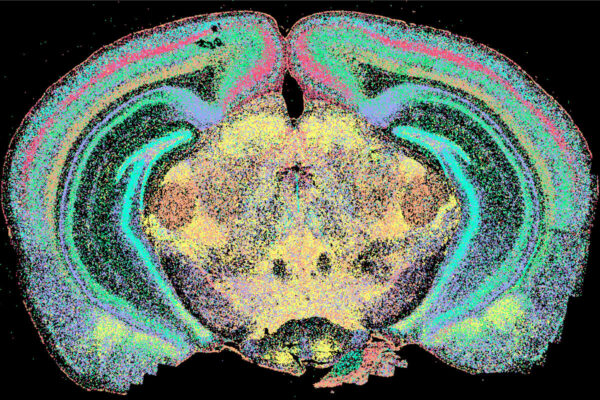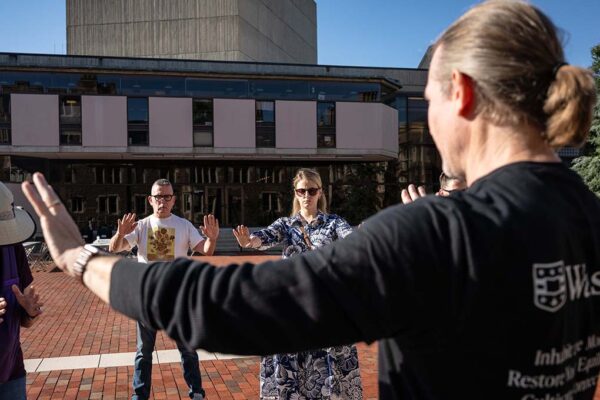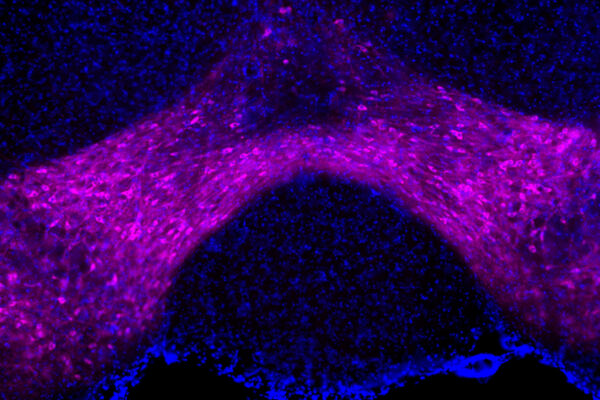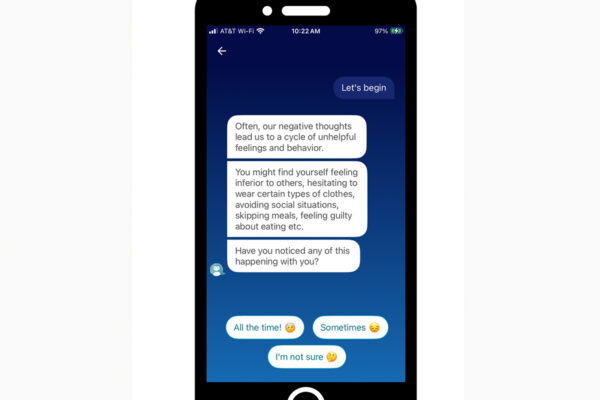Brown School faculty join national effort to advance psychedelic therapy education
Three Brown School faculty members have completed specialized training designed to help social workers and nurse educators integrate psychedelic-assisted therapy into academic curricula.
Early intervention changes trajectory for depressed preschoolers
A specialized approach to treating childhood depression developed by WashU Medicine researchers leads to long-term remission and other benefits, according to a new study.
$12 million grant funds studies of role of genes in autism, similar diagnoses
Researchers at WashU Medicine received a $12 million National Institutes of Health (NIH) grant to deepen understanding of autism and other neurodevelopmental and psychiatric disorders that are caused by a single gene mutation.
Private equity ownership tied to lower psychiatric hospital staffing, higher quality performance
Private equity ownership of psychiatric hospitals in the United States is associated with lower staffing levels, but also higher performance on certain quality measures, finds a new study from the Brown School at Washington University in St. Louis.
Can mindfulness combat anxiety?
Researchers at WashU explore the potential for mindfulness techniques to calm anxiety.
How to manage mental health in wake of recent storms
Social connections and psychological first aid can help to alleviate post-disaster stressors, says an expert on mental health at the WashU School of Public Health.
Research explores neurobiology underlying common depression symptom
Marco Pignatelli, MD, an assistant professor of psychiatry at WashU Medicine, has received a five-year, $6.5 million grant from the Wellcome Trust to unravel little-known brain functions involved in depression.
Eating disorder chat tool could improve access to care
Researchers at Washington University have received a $3.7 million grant to optimize a self-guided intervention for individuals with eating disorders.
Can social media be good for mental health?
Researchers at Washington University study the upside to staying social online.
Project will study struggles facing those with disabilities
A graduate student in Arts & Sciences at WashU will study ways to improve the lives of people with disabilities.
Older Stories

